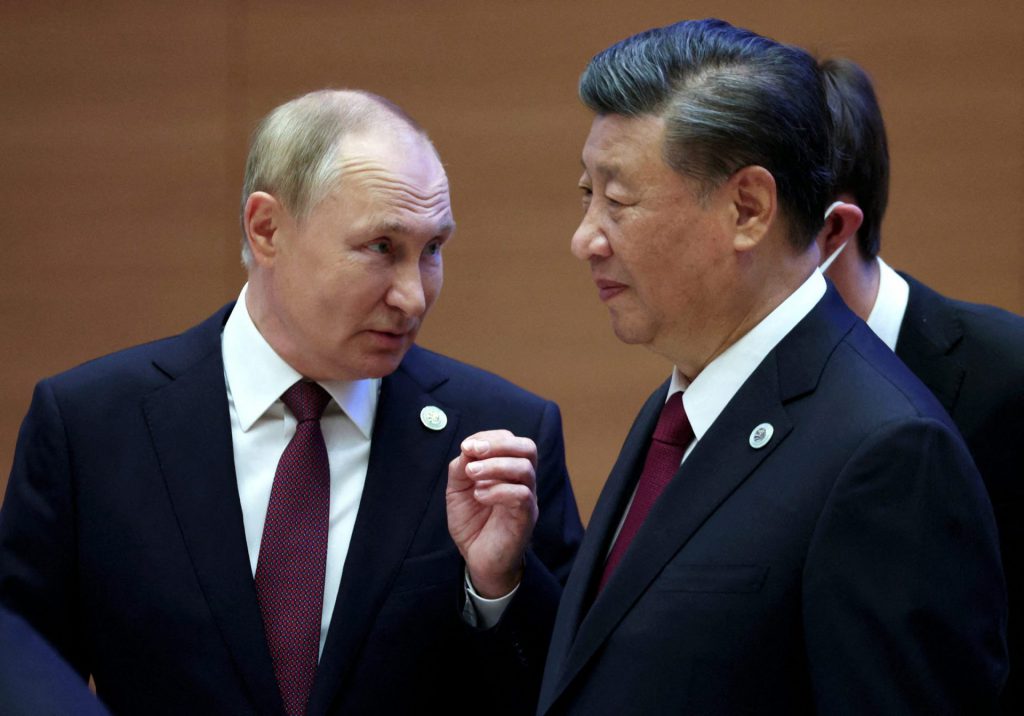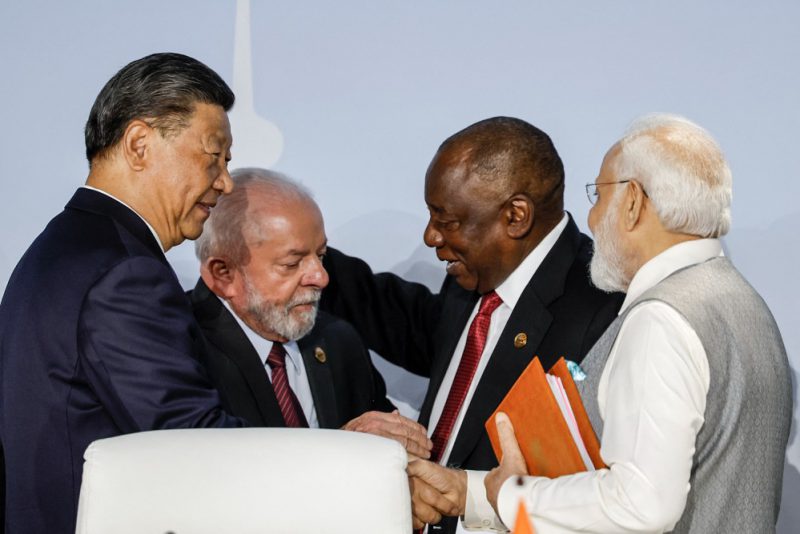For the last several years, the BRICS economic alliance has sought to overhaul how it conducts international trade. Specifically, it targets increased local currency usage while shifting to lessen reliance on the US dollar. A key part of that pursuit was the development of the bloc’s BRICS Pay plan, a project that could see its ultimate potential in trouble amid shifting geopolitical developments.
The alliance had sought an integration of its own BRICS Pay platform to continue its ongoing de-dollarization shift. It was one of many initiatives that would allow increased trade, facilitated by the currencies of its integrated members. However, experts have explained that the project is poised to face increased concern as it develops.


Also Read: BRICS: Analyst Calls US Dollar ‘Grossly Overvalued’ & Here’s Why
BRICS Pay Plan Faces Growing Adoption Issue, Experts Say
Over the last two years, the United States has stood more or less quiet on the growing BRICS influence. The global south collective did not respond in kind, making its feelings on the US dollar dominance known. With many of its members suffering from growing sanctions, it sought a way out.
That is the setting that saw the introduction of BRICS Pay, a platform that would allow increased trade in local currencies. However, that plan could be slow in developing. According to experts, it is facing some challenges, specifically regarding its overall adoption trends.


Also Read: BRICS: US Dollar Hits 2-Year High as De-Dollarization is Failing
Payment technologies expert Manarbek Abenov recently discussed those concerns. Indeed, he noted that sanctions could be a major catalyst, limiting the overall reach of the group’s project. Abenov noted that the success of BRICS Pay is highly unlikely, specifically due to “trade imbalances and geopolitical tensions” that have only “hindered financial cooperation between BRICS nations.”
“Countries like India and China have avoided certain transactions with Russia,” Abenov added. Additionally, he noted that the alliance is looking to create a mobile application for the platform. However, its presence leaves it at risk of being removed from app stores globally. The situation would mirror the sanctioning of Russian banks and their international standing.
Additionally, Monerium Chairman Jon Helgi Egilsson told CCN that the platform faces a clear US dollar challenge. “While this initiative highlights a significant geopolitical ambition, it also underscores the complexity of creating a truly viable alternative to the dollar,” he noted.





